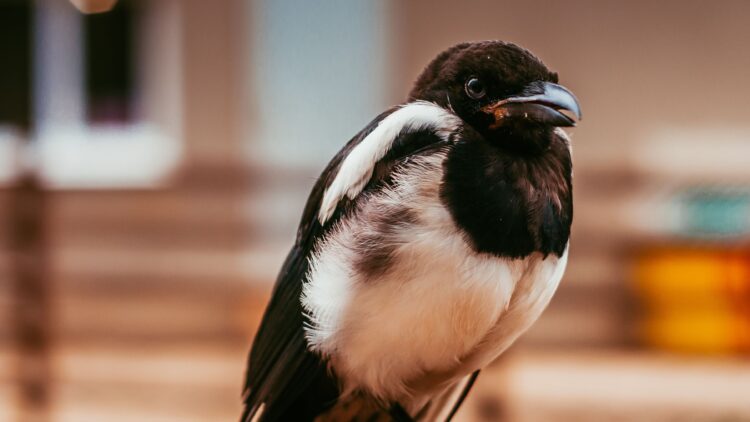In the news, we often only hear about successful studies that go extremely well and could introduce big changes to the way we understand life around us. Sometimes, though, it’s worth noting the experiments that go awry, too.
One team’s bird-related study went off the rails when the birds they were studying teamed up to sabotage the human scientists, displaying new behaviors all the while.
Australian scientists were in for a shock during a recent study.

A team of researchers had recently developed a new, innovative device to help monitor and study magpies. The device was harness-like, able to be strapped to the birds’ chests and remain secure during flight.
However, what they didn’t anticipate were the birds deciding they wanted no part of the experiment.

Scientists watched as a group of magpies helped one another remove the devices and leave them behind.
While this certainly wasn’t the original goal of their experiment, this behavior revealed something fascinating about the birds.
The initial study was created to learn more about the movements and social dynamics of magpies.

They were to measure distance flown every day and how their social behaviors were influenced by sex, age, and rank among their groups. The study was also, partially, meant to test these new tracking devices. That half was definitely a failure.
In fact, it was an extremely rapid failure.

The team had trained five magpies to frequent a feeding station, where they captured and suited the birds up with the new devices.
Within 10 minutes of them fitting the last one, the birds were already working together to remove the devices that were designed to only unlock with a magnet. Within three days, all of them had been shed.
And yet, the scientists are still delighted by what they saw.

The magpies displayed what the team refers to as “rescue behavior,” which happens when one party helps another party that’s in distress “with no obvious direct benefit to the rescuing individual.”
Of this avian group in particular, they said the birds “needed to willingly help other individuals, and accept help.”
This is newly documented behavior in magpies.

It not only displays altruism but high intelligence and problem-solving skills as well!
In the paper published about the surprising direction of the study, the group wrote, “[…] further research into cognitive problem solving within Magpies […] is warranted to further understand collaborative behaviour. In addition, we suggest that attempts to track animals with high cognitive and/or cooperative abilities, should take into consideration potential collaborative efforts to remove devices.”
h/t: Gizmodo

We want to hear from YOU so we can serve you better. Complete this quick survey and you will be entered to win a grand prize of $2,000, or a chance to win one of 10 Diply prize-packs!

















































